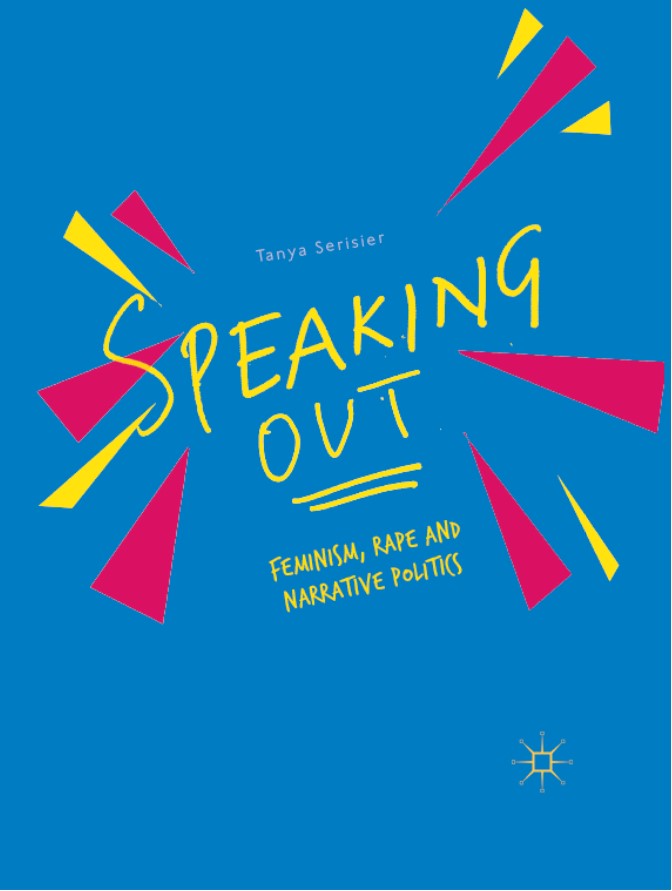Discussing Serisier’s ‘Speaking Out: Feminism, Rape, and Narrative Politics’ which considers the political value and outcome of ‘breaking the silence’ on rape and sexual violence. What are the conditions in which such speech is heard?
BIO Dr Tanya Serisier is a Senior Lecturer in Criminology at the School of Law, Birkbeck College, University of London. Her research explores the cultural politics of sex, sexuality and sexual violence through the lens of feminist and queer narrative theory. She is interested in the stories that we tell about sex and the harms and pleasures associated with it, how these stories changed and what possibilities they allow and preclude. Her recent book, Speaking Out: Rape, Feminism and Narrative Politics offers a critical account of survivor discourse and she is currently working on changing popular understandings of sexual consent.
‘Speaking Out: Feminism, Rape, and Narrative Politics is the first critical study of feminist practices of ‘speaking out’ in response to rape. The book argues that feminist anti-rape politics are characterised by a belief in the transformative potential of women’s personal narratives of sexual violence. The political mobilisation of these narratives has been an incredibly successful strategy, but one with unresolved ethical questions and political limitations. The book explores both the successes and the unresolved questions through feminist archival materials, published narratives of sexual violence, and mass media and internet sources. It argues that that a rethinking of the role and place of women’s stories and the politics of speaking out is vital for a rethinking of feminist politics around sexual violence and key to fresh approaches to combating this violence.


